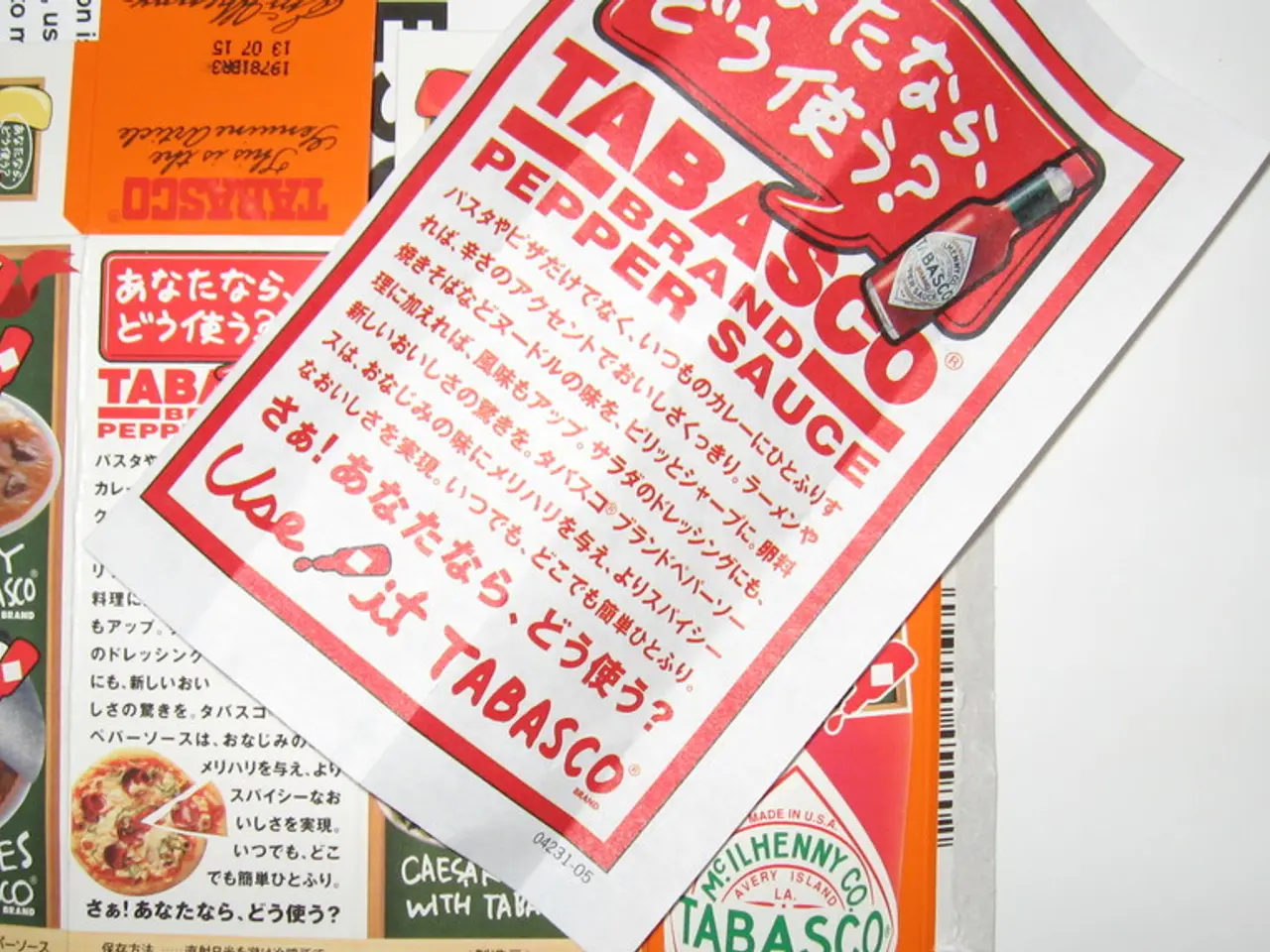Trump tariffs and trade war countered by BOI with five key strategies unveiled
The Board of Investment (BOI) in Thailand has announced a comprehensive five-measure package titled **"Enhancing the Competitiveness of Thai Entrepreneurs to Adapt to the New Global Era"**, aimed at mitigating the adverse effects of US tariffs and the ongoing global trade war. The initiative was unveiled on July 16, 2025.
The package is designed to empower Thai Small and Medium Enterprises (SMEs), promote local supply chains, and encourage foreign companies to use locally sourced parts. These measures aim to strengthen domestic industries and maintain a balanced business environment in a highly competitive global scenario.
1. Support for Thai SMEs: - The package extends special benefits to SMEs registered with the Office of Small and Medium Enterprises Promotion (OSMEP). - Assistance involves investments in modernizing machinery, adopting automation and digital technologies, improving energy efficiency, upgrading to international quality standards, and transitioning to new industries. - These efforts aim to enhance the efficiency and competitiveness of Thai SMEs in both domestic and international markets.
2. Strengthening Domestic Supply Chains: - The package encourages foreign companies to shift towards sourcing parts locally, supporting the objective of fostering deeper integration of local suppliers into global production networks.
3. Risk Reduction from US Trade Measures: - The package includes organizing investments strategically in specific sectors that are vulnerable to or affected by US tariffs to protect domestic industries without disrupting the overall business environment.
4. & 5. (Although not explicitly detailed in available sources, the five-measure package suggests additional supportive policies likely involving incentives and targeted promotion strategies tailored to specific industries in alignment with Thailand’s broader economic resilience goals.)
The BOI arrived at these measures after extensive consultations with industry groups and investment-supported entrepreneurs to directly address their challenges and formulate practical solutions.
In addition, the BOI has tightened production process requirements for key export industries to prevent trade circumvention. For manufacturing businesses employing over 100 people, at least 70% of the workforce must be Thai nationals.
The focus will be on target industries where Thailand serves as a production base for exports to the US and has high value-added potential, such as food, rubber products, automotive parts, electronics, electrical appliances, machinery, and jewellery.
The Thai government's package places particular focus on empowering SMEs through technological and operational enhancements, promoting local content to build resilient supply chains, and encouraging foreign investment to integrate more deeply with Thailand's local parts suppliers as key steps to adapt to the new era shaped by global trade tensions.
[1] BOI Press Release, July 16, 2025.
- The package comprises special incentives for Small and Medium Enterprises (SMEs) registered with the Office of Small and Medium Enterprises Promotion (OSMEP), including investments in technology, automation, energy efficiency, international quality standards, and sector transition, to increase their competitiveness in both domestic and international markets.
- To strengthen domestic supply chains, the package encourages foreign companies to source parts locally, fostering deeper integration of local suppliers into global production networks.
- To mitigate the impacts of US tariffs, the package directs strategic investments in specific sectors vulnerable to US trade measures to protect domestic industries without affecting the overall business environment.
- In addition to these measures, the package may include incentives and targeted promotion strategies for specific industries, aimed at enhancing economic resilience in alignment with Thailand’s broader goals.
- The Thai government's initiative will empower SMEs through technological and operational enhancements, promote local content for resilient supply chains, and attract foreign investment to integrate more closely with Thailand's local parts suppliers as crucial steps to adapt to the new global trade era.




